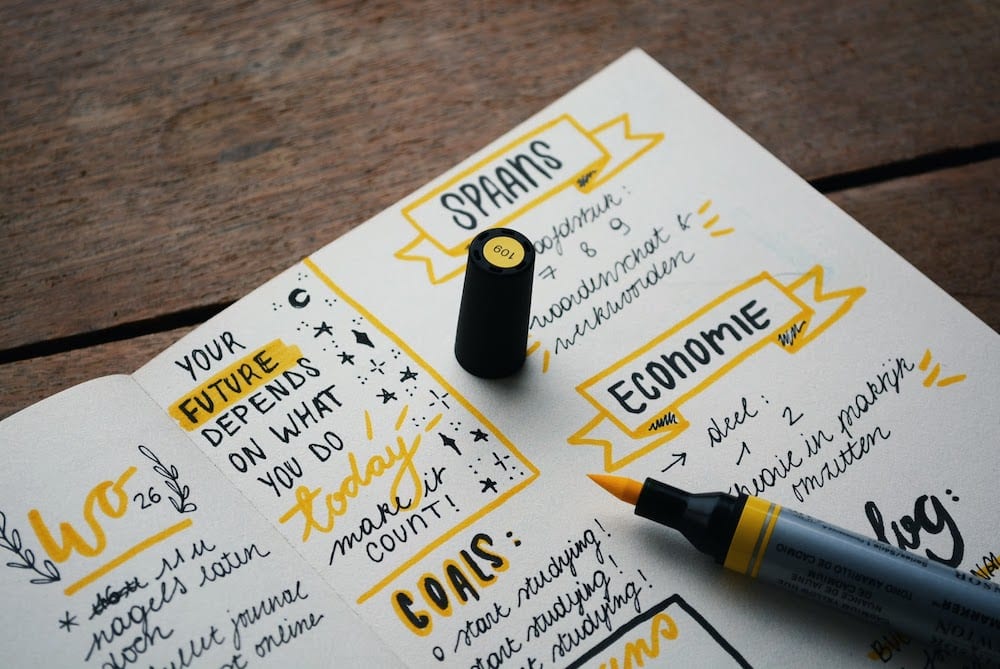Hard skills vs soft skills, despite their differences both are key to finding your place in the workforce. Employers are always on the lookout for individuals who have a specific set of both skills.
These two types of skills showcase your expertise in different ways. Hard skills are specific knowledge related to your trade. For example, training courses you have completed would fall under hard skills. Soft skills are connected to your personality traits. They include communication, work ethic, time management, and leadership skills.
A combination of hard and soft skills is necessary to succeed in any career. Let’s explore what separates hard and soft skills and the best way to highlight them in your resume and interviews.
Soft Skills vs Hard Skills: The Key Differences
The main difference between soft skills and hard skills is how they are acquired. Hard skills are teachable abilities gained through training or education, such as reading and writing. Knowing how to use software and other tools needed for your job would be described as hard skills.
Soft skills, on the other hand, are your personality traits. You have been developing your soft skills throughout your life. You use these skills when you are communicating with friends or co-workers, or when you are facing a difficult situation. Your soft skills will be the root of your working habits, such as time management.
What Are Hard Skills?
Hard skills come from the knowledge you have gained from your work experience or education. For example, if you have previously worked in retail, you should know how to use a point of sale system, which is a hard skill.
Every job and industry has a particular set of hard skills in which you must be proficient. For example, if you want to be an architect, you will need to know how to use the software necessary to design structures.
If you’re starting a new job, you may need to obtain new hard skills and some employers will even teach you the technical skills they require. However, certain hard skills are more in-demand than others.
You must focus on the most in-demand hard skills to ensure you are the most desirable candidate for a job. Some highly-valued skills include speaking multiple languages, database management, SEO/SEM marketing, mobile development, programming languages including Java, and the Adobe software suite.
What Are Soft Skills?
Soft skills are the habits you have learned throughout your life. These skills will shape how you work on your own and with others, and they will come into play as you search for a job.
Employers are looking to hire people who have proven soft skills. One critical soft skill most employers look for is effective communication skills, which include active listening and teamwork.
Some employers will also want to hire individuals who have more soft skills than hard skills since hard skills can be taught on the job. For example, human resource recruiters might prefer candidates who have the soft skills necessary for the job, such as open-mindedness and empathy.
Some soft skills include in-demand skills across multiple industries like integrity, teamwork, creativity, organization, willingness to learn, effective communication, the ability to problem-solve, and dependability.
How to Include Skills on Your Resume

Put your skills on display by including them in your soft skills on your resume and cover letter. When creating or editing your resume, you should consider adding a “skills” section. In it, you can highlight any skills you may have that relate to the position to which you are applying.
You can and should edit these skills based on the job you are applying to. Start by checking the “requirements” or “desired skills” section on a job description to figure out what you should add to your resume. This will make your application stand out and show that you are more than qualified for the opening.
Additionally, you can showcase your soft and hard skills in your cover letter. One way to do this is to sprinkle in some anecdotes referencing your soft skills. For example, share an example of a time that you were a team player, solved a challenging problem, or went above and beyond to provide exceptional customer service. You can explain your hard skills in the same way.
Conclusion: How to Show Your Skills in a Job Interview
Now that you have made it to the interview phase, you can elaborate on your skills. You can highlight your soft skills simply by showing up early to your interview and maintaining eye contact with your interviewee throughout the process to show you are actively listening. Make sure you speak clearly and eloquently when answering questions.
You can highlight your hard skills when you are asked technical questions related to the position. You may need to provide a digital or physical portfolio of your work, which is a great way to demonstrate your experience. Ensure you explain your experience and training in depth.
One of the best ways to show your interviewer your soft and hard skills is by sharing examples from your past job experiences. If you have examples that relate directly to the requirements of the new position, be sure to bring them up during the interview.
Present a situation you had faced, describe the tasks that needed to be completed, and explain how you achieved the desired results with your actions. This will showcase your experience and soft skills.
About us: Career Karma is a platform designed to help job seekers find, research, and connect with job training programs to advance their careers. Learn about the CK publication.



